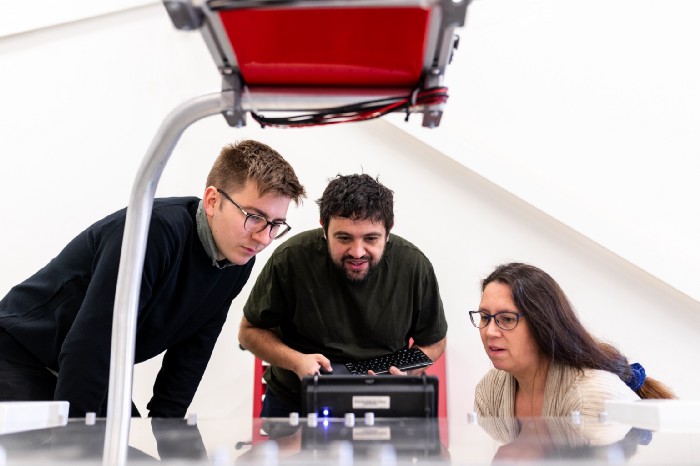
This is the second of a two-part series on the future of work. You can read part one here.
Truly competent employees need to be rewarded. Bonuses and raises are fine, but they’re not the sign of a culture where competence is valued above all else. No. Instead of extrinsic rewards like money, workers in a culture of competence value autonomy. They want to make it to the innermost circle in the company’s mandala-like org chart — the skunkworks or innovation lab where employees are entrusted to develop new ideas.
“Compensation” is for people who don’t like the work they’re doing.
If employees are appreciated for the value they create instead of the hours they’ve clocked, compensation structures change anyway. Already, in the spirit of open source development, cooperative economics, and even the blockchain, workers are becoming financial stakeholders of their companies. Many business owners, on retirement, are selling their firms to their employees — either as ESOPS (employee stock ownership plans) or as “platform cooperatives.” While such structures may not be practical for the Fortune 500, they do suggest a new level of participation, accountability, and risk employees are willing to take if they feel fully invested in the mission of their organization.
Embracing the digital sensibility
For most companies, digital technology is still a way of extending the values of the now-obsolete industrial age. They surveil their consumers, extract data, and use algorithms to make decisions about the future based on what they’ve managed to infer from the past. Worse, they surveil their employees, and use that data to train automated replacements.
Just as early factories “outsourced” skilled craftsmanship to low-cost labor, and American companies outsourced domestic competency to foreign manufacturing, companies are now outsourcing human labor and innovation to robots and big data algorithms. The problem is, once you surrender your innovation to the machines, you’ve commodified your business; everyone in your industry is using basically the same machine learning algorithms, often supplied by the very same technology companies. You lose the culture, the weirdness, and uniqueness of a human team working together toward greater levels of competence and creativity.
Embracing the digital doesn’t mean replacing your employees with digital replicas. Rather, it means remembering the original digits: the fingers on human hands. The digital age is a hands-on, participatory story. It portends a return of the human being to the center of the enterprise.
Immersion in the digital — particularly under the forced conditions of the Covid-19 pandemic — reminds us of what we can and cannot achieve through screens. Yes, we can share information with another, but we can’t actually establish rapport. The painstakingly evolved social mechanisms we have developed to connect and communicate no longer function on these platforms. You can’t see if someone’s pupils are dilating as they agree with you, or the micromotions of their head nodding, or if their breathing is syncing up with yours. They say they agree, but your body can’t feel it. Your mirror neurons don’t fire, the oxytocin isn’t released into your bloodstream, and you don’t bond. You can work together, but you can’t become a team.
Only in the real world, working together, can we reach our full potential. We’ve bought the false story that evolution is about the survival of the fittest, and we’ve built an economy and workplace around the values of competition and individual success. But if you actually read Darwin, you’ll find he was not talking about competition at all, but rather marveling at the way species cooperate to ensure mutual survival. The measure of a species’ development is the extent to which its members can work together, collaboratively.
Likewise, the true promise of digital technology in the workplace is the extent to which it can enable and retrieve our ability to innovate together, transcending the one-size-fits-all mechanization of the industrial age, and unleashing the true potential of people who love what they do.